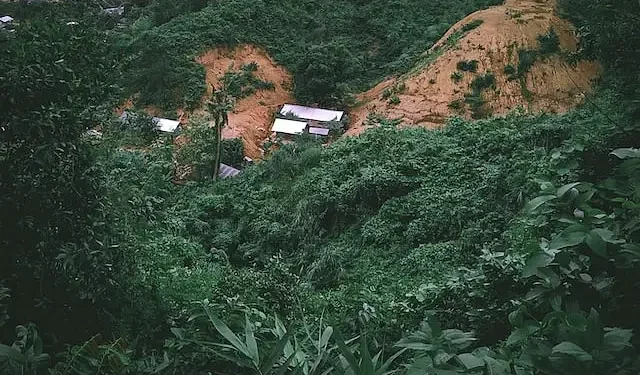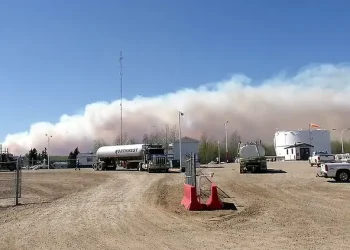How can we tackle the accelerating biodiversity loss and support the communities most impacted by environmental degradation?
At the COP16 conference, held this week in Cali, Colombia, Canada unveiled a $62 million initiative to support biodiversity projects globally, placing a special emphasis on Indigenous-led conservation efforts.
These projects mark another step in Canada’s dedication to implementing the Kunming-Montreal Global Biodiversity Framework (KMGBF) and fostering climate resilience in vulnerable regions.
Canada’s Commitment to Global Biodiversity
With climate change driving extreme environmental events worldwide, biodiversity loss is affecting everything from our food systems to economic stability. Canada’s newest partnerships target this crisis by funding seven projects that will strengthen biodiversity and support Indigenous communities in regions facing severe ecological impacts.
The initiatives, announced by the Honourable Ahmed Hussen, Minister of International Development, and Steven Guilbeault, Minister of Environment and Climate Change, reflect Canada’s commitment to halting biodiversity loss and preserving natural ecosystems essential for global stability.
Indigenous-Led Conservation
At the heart of Canada’s commitment is a respect for Indigenous knowledge and practices. With projects set to span Latin America and Asia, this support enables Indigenous communities to integrate ancestral conservation methods into climate-resilience strategies.
Examples include efforts in the Amazon, where Canada is partnering to enhance climate resilience through the protection of Indigenous lands, blending traditional practices with new environmental initiatives.
In addition, projects like the Podong Indigenous Peoples Initiative with the International Union for the Conservation of Nature will reinforce Indigenous-led action.
Another project with the World Food Programme aims to support Indigenous resilience in Colombia, an area rich in biodiversity yet vulnerable to climate impacts.
A Multinational Partnership to Protect Nature
Canada’s support extends through diverse organizations, including Conservation International, WildAid, and the United Nations Environment Programme, to achieve the KMGBF goals set forth at COP16.
These partnerships will strengthen marine law enforcement, protect biodiversity in the Eastern Tropical Pacific Ocean, and focus on community resilience in regions like the Chittagong Hill Tracts in Bangladesh.
These initiatives, covering land and marine biodiversity, demonstrate a multi-faceted approach to addressing the unique needs of each region.
A Call for Global Cooperation
Canada’s presence at COP16 highlights a broader commitment to international partnerships and emphasizes the role of Indigenous leadership in biodiversity.
Minister Guilbeault emphasized,
“This funding will help developing countries implement biodiversity frameworks while underscoring Canada’s global leadership.”
By championing Indigenous rights and environmental protection, Canada is setting an example of responsible climate action that other nations are encouraged to follow.
COP16 represents an essential gathering of global leaders working to achieve sustainable, long-term solutions to biodiversity loss. As Canada continues to lead efforts to protect ecosystems worldwide, these new projects aim to inspire further collaboration across borders, empowering Indigenous communities and reinforcing global resilience.
Sources: THX News & Global Affairs Canada.







